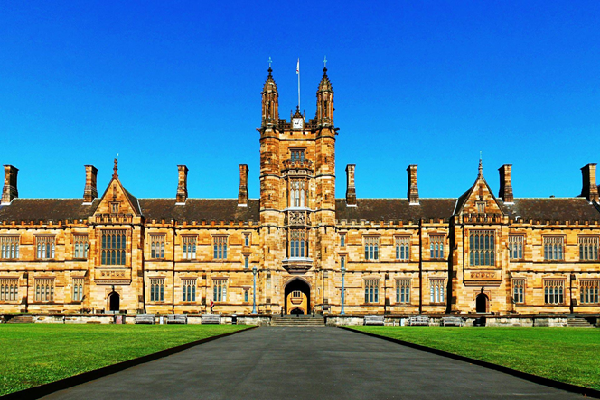Islamic-Backed Assets Found to Be More Sustainable, According to Study
Islamic assets are those compliant with ethical and religious norms in sharia law, which does not permit interest on debt or investing in assets such as derivatives (e.g., options and futures).
The research, published in the influential Journal of International Business Studies, examined daily stock, bond and money market data from nine Islamic and 37 non-Islamic countries from May 2007 to June 2010 to analyse and compare the impact of the 2007-2008 global financial crisis.
Lead author Associate Professor Shumi Akhtar from the University of Sydney Business School said the increased financial market integration in the decade preceding the US subprime mortgage crisis translated into volatility of most asset classes in most countries.
“As a result, investors who held positions in different markets found themselves exposed to more than one kind of volatility risk. This presented the opportunity to examine the volatility linkages between Islamic and conventional stock, bond, and money market indices in an international context.”

The report studied market performance during and after the 2008 financial crisis. Pictures: Adobe Stock
Volatility linkages measure the extent to which movement in one market affects movement in another. They are important because low correlations are key to avoiding market crashes such as the 2008 financial crisis.
The researchers conducted a univariate analysis of volatility linkages between asset pairs across the whole sample period, and a multivariate analysis of the change in volatility linkages over time.
“We found that volatility linkages between Islamic and conventional assets are lower than those between two conventional assets,” Associate Professor Akhtar said.
“This difference was up to 26.33 percentage points in our univariate analysis, and up to 6.45 in our multivariate analysis. Even after controlling for country-level fixed effects and time-varying characteristics, the difference remains statistically significant and as large as 3.16 percentage points.”
The reduced volatility of Islamic assets is a function of their avoidance of leverage and speculative financial products, which involves purchasing assets such as currencies under the expectation their value will rise in a short time period.
Fairness, sustainability and risk aversion are at the heart of Islamic finance.
“In this way, Islamic finance could provide an innovative pathway to fulfilling the United Nation’s Sustainable Development Goals. For example, by insisting on investments tied to tangible assets that add economic value, Islamic finance indirectly fosters the UN’s eighth goal of ‘Decent Work and Economic Growth’ and twelfth goal of ‘Responsible Consumption and Production’.”
Islamic finance’s focus on tangible assets also has the potential to support climate action.
Green Islamic corporate bonds that aim to protect the environment have been issued by large international firms for natural resources management and are financing infrastructure projects in Africa, contributing to socially valuable projects across the continent.
“We found Islamic firms have higher environmental, social and corporate governance scores than other firms. As the Islamic finance industry commits to these goals, we are likely to see more frequent issuance of dedicated social finance instruments, such as green bonds,” Associate Professor Akhtar said.
“Our research highlights the potential benefits of bridging religious, ethical, and cultural differences to increase asset diversification benefits. Islamic assets may offer a sanctuary for investors in stormy market conditions.
“It is time for financial markets to embrace Islamic assets and improve equity for all types of investors, particularly those keen to invest in sustainable financial assets.”

